The Economic Community of West African States (ECOWAS) has finalized the framework for a $75 million Renewable Energy and Energy Efficiency Facility.
This announcement was made by ECOWAS President, Dr. Omar Touray, during the 93rd Ordinary Session of the ECOWAS Council of Ministers in Abuja on Thursday.
The facility aims to provide grants, loans, and guarantees to support clean energy solutions across the region through competitive calls for proposals.
“A framework document for the establishment of an ECOWAS Renewable Energy and Energy Efficiency Facility has been finalised by the ministers.
“This is a new blended finance facility with an initial amount of USD 75 million, whose objective is to provide grants, loans, and guarantees through regular demand-driven competitive calls for proposals providing clean energy solutions for the ECOWAS region,” the president said.
The “Rice Offensive” project, which targets regional self-sufficiency in rice production by 2035, also received attention.
Persecondnews reports that the initiative requires $15-$19 billion in investments to improve storage, milling, and mechanization, with the goal of producing 33 million tonnes of milled rice.
“Towards regional self-sufficiency in rice production, the ‘Rice Offensive” project launched by the Commission in 2014, under the ECOWAS Agricultural Policy, has now reached a second cycle with the development of a Second Regional Action Plan (2025-2035) to replace the 2020-2025 plan, which is expiring next year.
“To attain regional self-sufficiency in rice, it would require the local production of 33 million tonnes of milled rice to meet a planned consumption target by 2035.
“This will also require a financial investment of US$15 to $19 billion dollars of capital expenditures towards improving storage facilities, milling initiatives, and enhancing mechanisation in paddy production,” he said.
In addition, the Nigeria-Morocco Gas Pipeline project was highlighted for its importance in regional integration.
The 6,800 km pipeline is expected to transport 30 billion cubic feet of natural gas annually, connecting Nigeria to Morocco and extending to ECOWAS member states, Mauritania, and Europe.
Touray also emphasized progress in regional integration projects, including affordable roaming tariffs, a proposed strategy to harmonize aviation charges, and efforts to manage shared water resources.
He, however, noted that challenges persist, including security concerns and inadequate funding, with only 40% of the Community Levy approved for 2024 received by October.














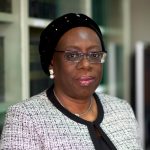
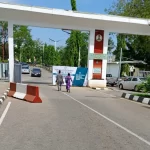
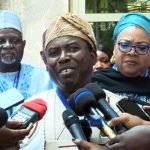


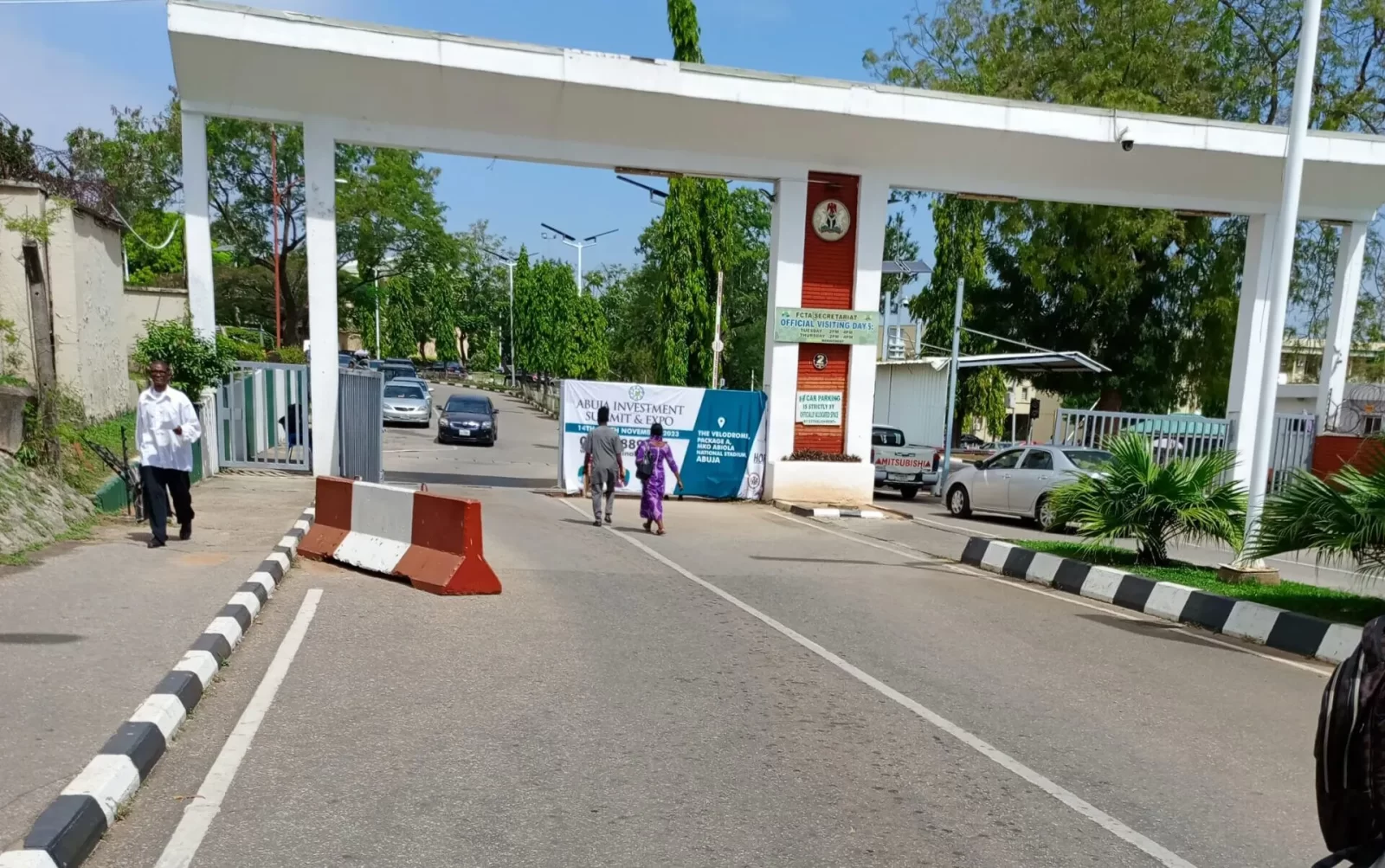
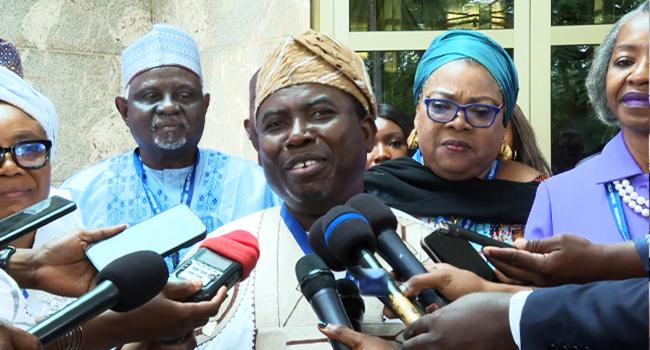
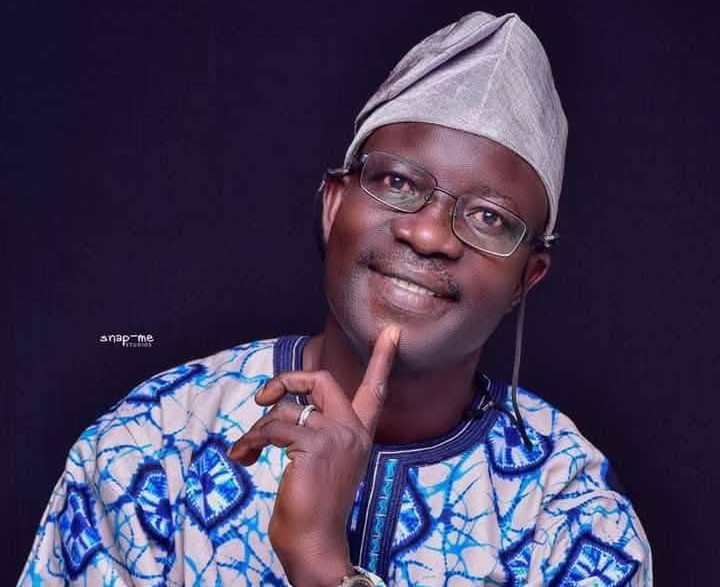
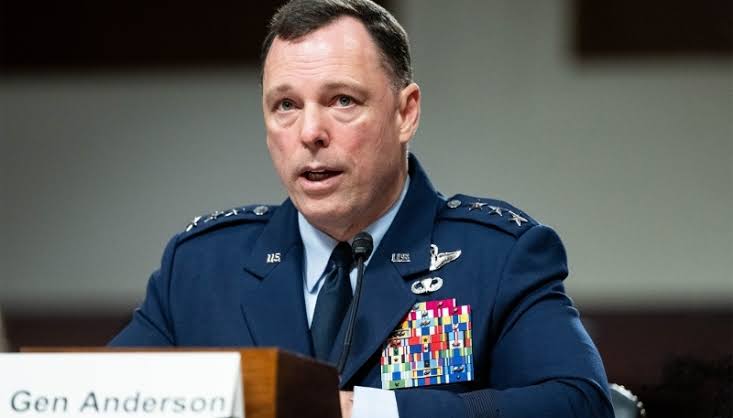
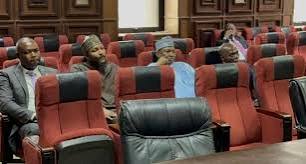












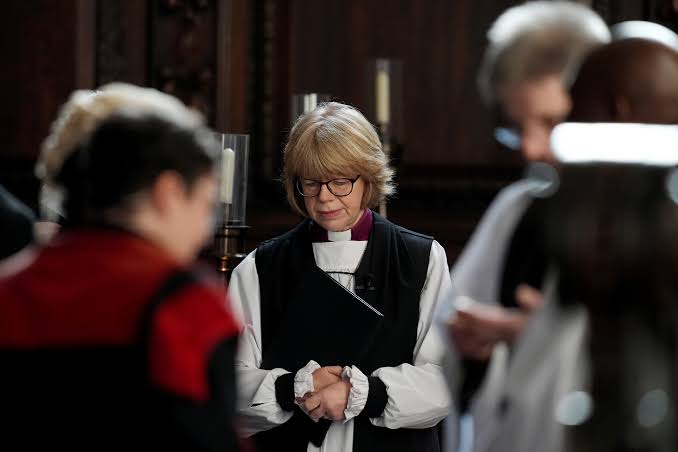

Leave a comment